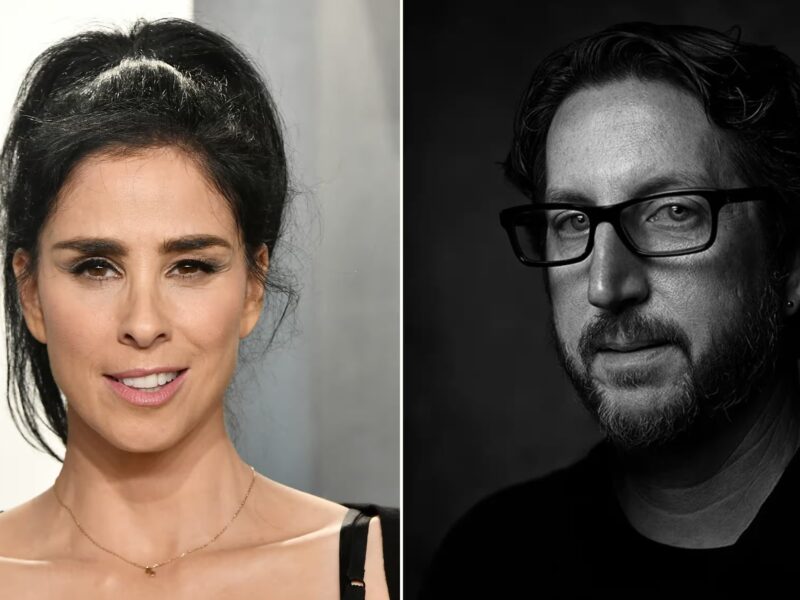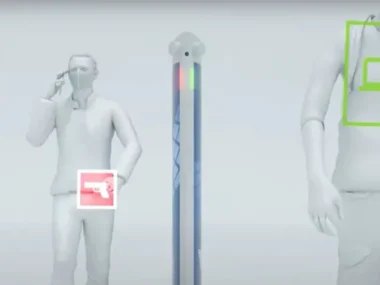Comedian Sarah Silverman and novelist Paul Tremblay claimed that the artificial intelligence program unlawfully swiped their work to train ChatGPT.
Two copyright infringement cases filed by authors against the artificial intelligence corporation OpenAI were largely dismissed in court.
The lawsuits, brought by comedian Sarah Silverman and author Paul Tremblay, claimed that OpenAI illegally utilized their works to train the massive language model that underpins the artificial intelligence application ChatGPT, which generates human-like prose in response to requests.
On Monday, a federal judge in California allowed the majority of OpenAI’s motion to dismiss several of the authors’ allegations.
Araceli Martínez-Olguín, a district court judge, said the suits would be consolidated with a similar challenge launched by another group of authors, including Michael Chabon, Ta-Nehisi Coates, and Andrew Sean Greer.
Martínez-Olguín denied a claim of vicarious copyright infringement, stating that the writers failed to demonstrate “substantial similarity” between their publications and ChatGPT’s output. She emphasized that the authors’ contention that all ChatGPT outputs are “infringing derivative work” is “insufficient”.
Other claims were dismissed, including allegations of negligence, unjust enrichment, and violation of the Digital Millennium Copyright Act.
However, OpenAI is still accused of violating unfair competition laws by using copyrighted works without author consent.
The verdict follows another action made by Silverman against Meta for using copyrighted literature to train its artificial intelligence program LLaMA. The judge decided with Meta in November, but the claim of direct copyright infringement moved forward to the discovery phase.
Silverman also claimed direct infringement in the case against OpenAI, but this claim was not included in the company’s request to dismiss. Martínez-Olguín stated that vicarious infringement needs “a threshold showing of direct infringement,” which the writers did not meet.
Last week, a group of authors suing OpenAI in California asked Martínez-Olguín to stop a similar suit brought forward in New York, led by the Authors Guild and novelists including Jonathan Franzen, Jodi Picoult, David Baldacci, and George RR Martin, accusing OpenAI of “forum shopping for the most favourable schedule”.
The Atlantic reported in August that Meta’s LLaMA and “likely” other generative-AI tools were trained using over 170,000 novels by authors such as Zadie Smith, Stephen King, Rachel Cusk, and Elena Ferrante.
In the June lawsuit filed on behalf of Tremblay and Mona Awad, who has since withdrawn from the suit, the authors’ attorney Joseph Saveri wrote that one of the “internet-based books corpora” that OpenAI claimed it used to train ChatGPT-3 is estimated to contain nearly 300,000 titles, and that the only websites that offer that much material are “shadow libraries” such as Library Genesis (LibGen), through which books can be secured in bulk via torrent systems.
Martínez-Olguín gave authors until March 13 to revise their complaint.











